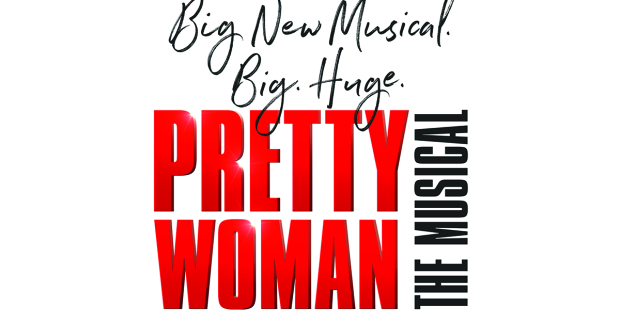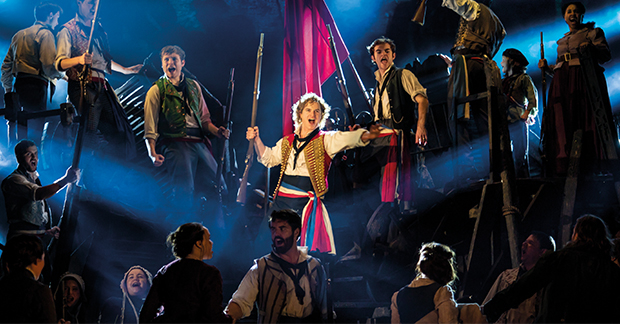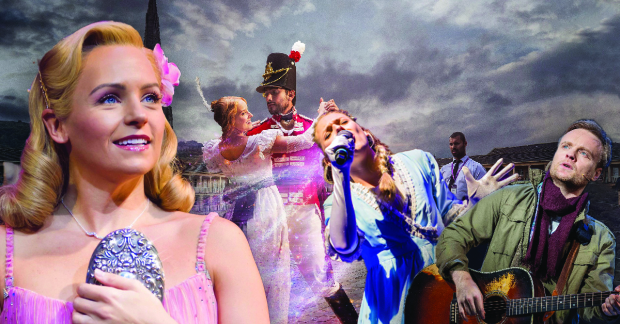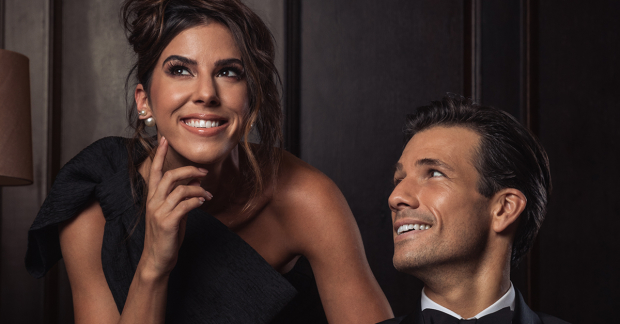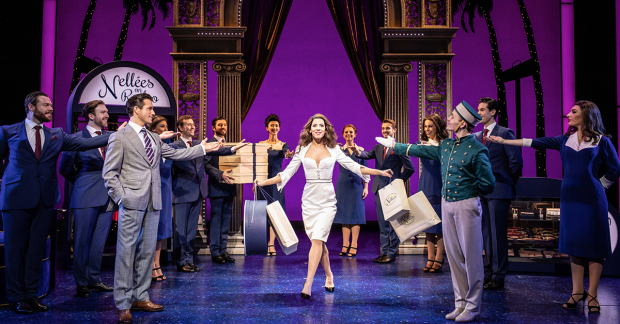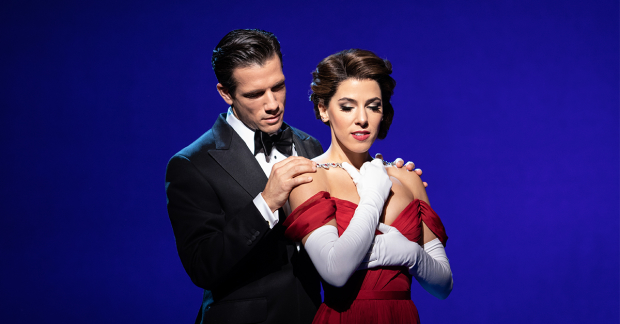Review: Pretty Woman – The Musical (Piccadilly Theatre)
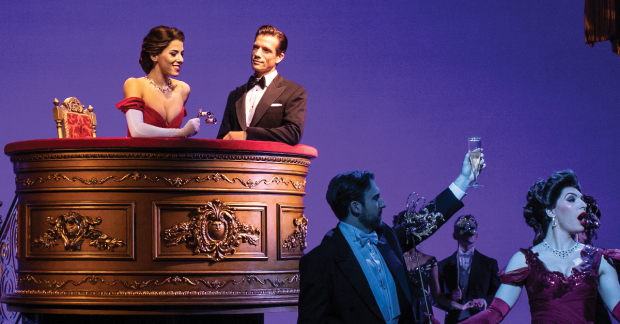
© Helen Maybanks
Whether you enjoy it, or dislike it, there's no missing the ice-cold calculation where the heart should be in this musical version of the 1990 hit romantic comedy.
There was always slightly something off about the film in the first place. The only way it was possible to ignore the skin-prickling unpleasantness of a billionaire businessman buying a Hollywood Boulevard hooker, and sweeping her from the streets to the Beverley Wilshire while paying her to be his glamorous consort was to concentrate on the luminous screen presence of Julia Roberts, enchanting both Richard Gere and us and launching herself on the path to super-stardom.
The audience at the Piccadilly Theatre has clearly decided on a similar tactic, willing Vivian the sex worker and Edward the asset stripper to find love and happiness, while ignoring the dodgy sexual politics not to mention the sheer tawdriness of the whole affair. But Aimie Atkinson (so splendid in as the abused Katherine Howard in Six the Musical) is not Roberts; for all her smiles, she seems ill at ease both as a seductress, and as a woman falling in love. And Danny Mac, despite his firm jaw and elegant moves, is no Gere. His charm, though genuine, is asked to carry him too far. Crucially, there seems to be very little chemistry between them.
In fairness to the leads, they've been given too little to work with courtesy of a book written by Garry Marshall (the film's director) and J F Lawton and songs by Bryan Adams and Jim Vallance that make no attempt to reshape the movie's pernicious assumption that while Vivian can help Edward find his soul, he can make her happy simply by offering a lot of shopping opportunities and pretending to be a knight on a white horse.
Instead of going deeper, attempting to give its heroine some agency, the musical, if anything concentrates on painting the surface more brightly. There's a character called Happy Man – played with a lot of brio and ease by Bob Harms – who mutates from a tourist guide to kindly hotel manager and keeps singing of the importance of following your dreams. Vivian's friend Kit (a lively Rachael Wooding) suddenly forsakes her life on the streets for a career as a police woman. Even by musical standards, the jump is hard to take.
David Rockwell's designs are stylish, but don't make any distinction between the harshness of life as a struggling woman with rent to pay and the luxury of Rodeo Drive. Jerry Mitchell's direction and choreography are adequate but uninspired; there are an awful lot of happy hookers and cheekie chappies waving their arms in the air with the sense that they are drowning.
Song-wise, the same relentless cheerfulness applies. Edward has a nice folksy ballad where he realises that there is "Something About Her", and Vivian has a moment of realisation that "I Can't Go Back" which gives Atkinson a chance to show off her big, pure voice, but most of the songs are unmemorable. The moment that works best is the one where Vivian goes to the opera and Kimberley Blake's Violetta -another whore with a heart of gold, of course – virtually brings the house down in a tiny extract from La Traviata which is full of the passion that the show itself lacks.
The cynicism of its translation keeps shining through. The costumes – by Tom Rogers – are close to those worn by Roberts in the film. But the polka dot dress is blue and skimpier, and the clothes she buys on Rodeo Drive look cheap. Crucially, they don't suit Atkinson. The transformation the film promises – of duckling to swan – is never fulfilled, in fact the opposite happens. An attractive woman is made to look dowdy.
If Pretty Woman – The Musical had any conscience it would adapt itself to the actors performing it and to the era in which it has been launched. That it simply wants to be a facsimile of a once popular movie, reveals the ugliness at its core. It's significant that the thing even a willing audience seemed to enjoy most was a sing-along with a Roy Orbison song at the end. They deserve better.



